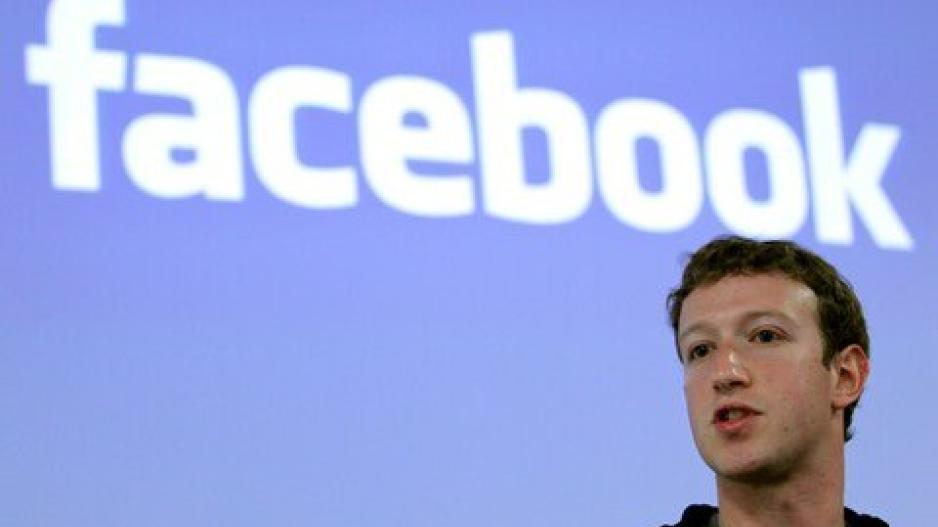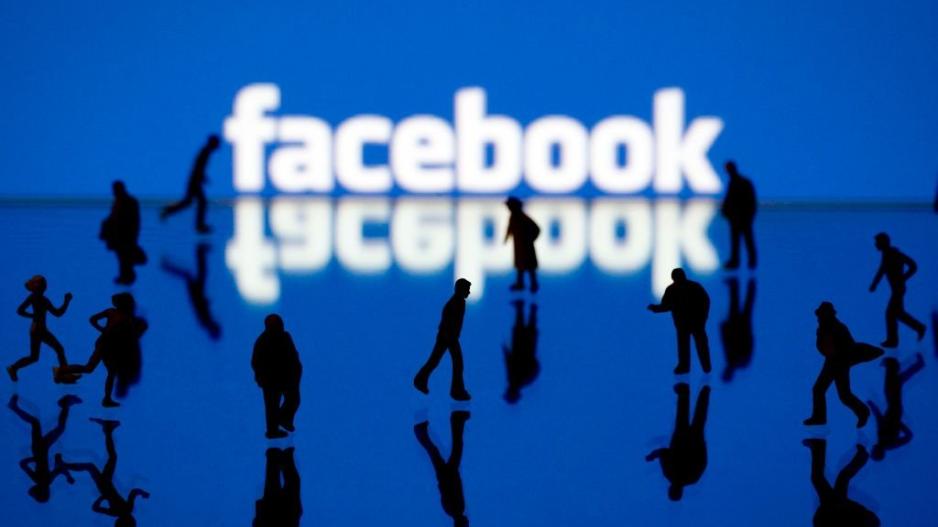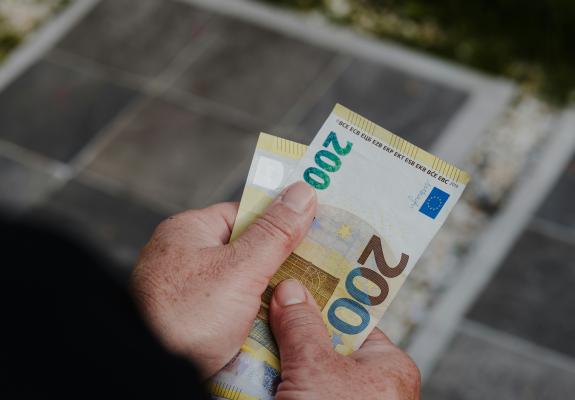Facebook's 20-Year Journey: From Youth Icon to Parental Haven
Its Continuing Influence in the Digital Age
Two decades ago, Facebook was the idol of the youth. Today, it has transformed into a haven for parents. Despite its somewhat passé image, the veteran social network continues to attract users worldwide, from Asia to the United States.
"I'll never forget the day I rushed to the computer lab to sign up for Facebook," recalls Jasmine Enberg, an analyst at Insider Intelligence. "It felt like joining an exclusive club where neither my parents nor my teachers could find me, yet simultaneously belonging to a vast universe alongside students from across the United States."
Facebook, created by Mark Zuckerberg and his Harvard classmates on February 4, 2004, initially spread to other American universities before opening to everyone in 2006.
The social network, then a novel concept, rapidly captured the majority of internet users. By 2023, over three billion users were logging into Facebook at least once a month, marking a 3% increase from 2022.
"It was a revolution," says Enberg. "And even though Facebook is no longer considered 'cool', its impact on popular culture, politics, our online behavior, and digital content cannot be overstated. It changed the way we communicate."
She refers to the infamous feed, where AI algorithms prioritize messages and photos that trigger sharing and comments.
Facebook also significantly contributed to the phenomenon of viral content and the emergence of universally recognized online platforms like BuzzFeed.
Last year, BuzzFeed News shut down, but Meta, the parent company of Facebook, Instagram, and WhatsApp, is doing well. In 2022 - a tough year for the Californian company - its profits reached $23 billion.
"The platform belongs to the digital landscape," explains Enberg, especially for the millennial generation born in the '80s and '90s. "Consequently, it remains irresistible to advertisers due to its reach and performance."
Facebook relies on highly accurate ad targeting for large-scale users.
This business model, based on personal data, has led to numerous lawsuits and fines, from the Cambridge Analytica scandal in 2018 to revelations by a whistleblower, a former employee, in 2021, who accused the company of prioritizing profit over user safety.
However, neither the official condemnations nor Facebook's increasingly outdated image could reverse the trend. The veteran social network is growing at a slower pace but is still expanding.
"It's like Twitter. Everyone says 'I want to leave,' but no one does because there is no alternative," observes Carolina Milanesi of Creative Strategies.
In the United States, users primarily stay for groups centered around common interests (neighbors, art or gardening enthusiasts, celebrity fans, sports teams), small advertisements (Facebook Marketplace), or to stay in touch with certain individuals.

"I use it to find clients, knowing that my mom's friends are on Facebook," explains Ruby Hamer, an 18-year-old babysitter from California. "And also to find a car to buy."
But for talking to friends, she prefers Snapchat, and for posting photos, Instagram.
"The acquisition of Instagram in 2012 and the shift from computers to mobile were some of the best business decisions Facebook ever made," says Enberg.
Once a potential threat, Instagram became a second paradise for advertisers and, consequently, a huge asset.
"It compensates for the declining interest, especially among the youth, in Facebook. And most importantly, the company has an app that can compete with Snapchat and TikTok, which are extremely popular among teenagers."
The group's diversification of activities has allowed for continued innovation in areas like artificial intelligence or the metaverse, Mark Zuckerberg's dream, without altering Facebook's core.
The growth of the pioneering network is also seen in Southeast Asia, where the mobile app was once the primary gateway to the Internet.
Today, more than half of Facebook users are aged 18 to 34, according to Datareportal. However, the true extent of engagement is difficult to measure.
"I rarely go on Facebook, but whatever I post on Instagram automatically appears on Facebook," says Milanesi. "So, I'm counted as 'active'... Maybe the numbers don't reflect the reality!""






